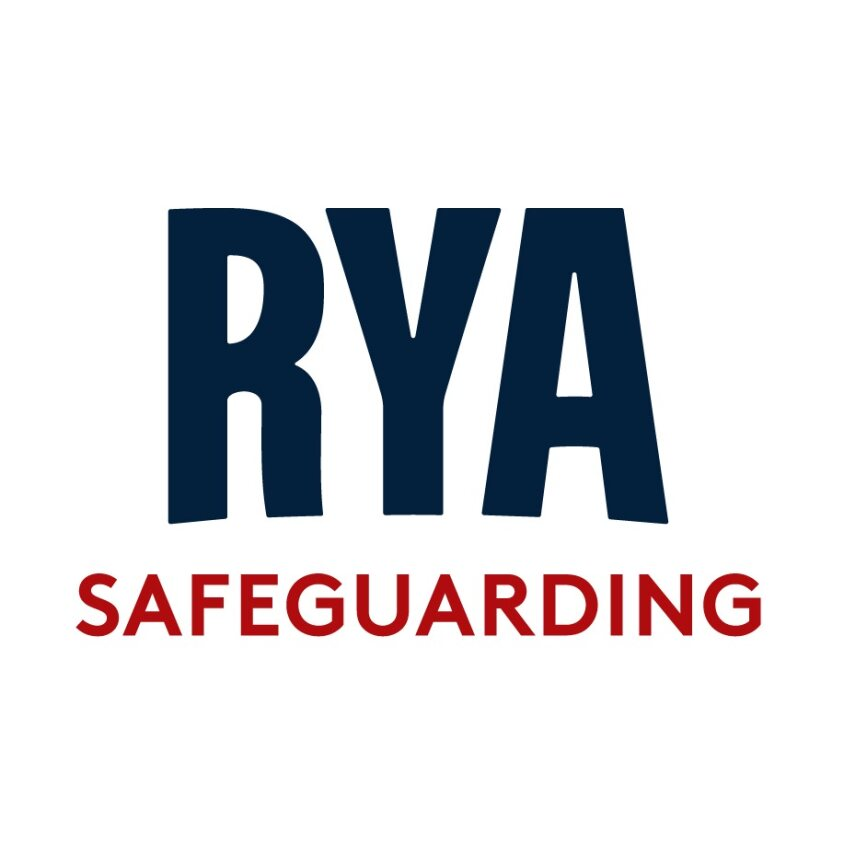Frequently Asked Questions About DBS Checks
1. Who do we need to check – should we check our safety boat drivers and crew?
You can only legally request Criminal Records Disclosures for people who will be regularly teaching, training, supervising or caring for children and young people, or vulnerable adults.
If you have a safety team who support your junior/youth training sessions or events on a regular basis and have regular contact with the young people taking part, whether that’s once a week or during a children’s course or event lasting a few days, you should treat them in the same way as any other staff/volunteers who work regularly with children.
If your safety boat drivers/crew only provide cover on an occasional rota basis, they are not eligible for DBS checks.
2. Can I accept a DBS check issued for another organisation?
If you recruit someone who has a DBS check for another organisation, you could choose to accept it but should check:
- That the individual can produce their existing certificate
- That it is an Enhanced Disclosure, not Standard
- That the check was done recently (we suggest within the last 6 months)
- That it is for working in the same Workforce (it will say Child or Adult Workforce under Position) in a similar role
- If the applicant will be undertaking Regulated Activity with children, you need to make sure the previous check included the Children’s Barred List. If it did it will say 'None recorded' under DBS Children's Barred List, if it didn't it will say 'Not Requested'.
Having checked all of those things, you are still accepting the small risk that the applicant has committed an offence or been barred since the previous certificate was issued. The risk is lower if you are certain that the applicant is currently employed in a role in the statutory sector with children or vulnerable adults that requires a DBS check, for example in healthcare, social care or education. You could also request a reference from their previous employer.
3. How does the DBS Update Service work?
If an applicant subscribes to the DBS’s online Update Service, the DBS will maintain an updated record and an instant check or re-check (see 5 below) can be done online without the requirement to complete another application.
Although the RYA is now using an online DBS application process, this is provided by an external company and is not linked to the DBS’s online Update Service. If an applicant wishes to subscribe to the DBS Update Service, they will need to register separately after their application has been submitted to the DBS by the RYA, and within 30 days of their certificate being issued.
Subscribe to the DBS Update Service
To perform a ‘status check’ on an individual’s record if they are already registered with the Update Service, you can access the Update Service here. You will need the applicant’s consent as well as their certificate number and date of birth. You must check the applicant’s existing Disclosure certificate because the Update Service will only tell you whether any information has been added since it was issued.
Registration with the Update Service is free for volunteers. For paid staff there is a charge of £13 and they must renew and pay for their subscription annually, otherwise the DBS will stop keeping their record updated and they will have to submit another full application if they require a re-check or move to a different organisation.
4. How long is a DBS certificate valid for?
There is no expiry date on a DBS certificate. It only shows information that is on the applicant’s record on the date it is issued. In theory that individual could commit an offence the next day and neither the RYA nor your organisation would be informed.
5. Do we need to re-check our staff/volunteers, and if so how often?
Some organisations choose to re-check their staff/volunteers at regular intervals. There is a commonly held belief that re-checks must be done every three years; this was based on a recommendation originally issued by the Charity Commission when the DBS’s predecessor, the CRB, was first set up but has never been a statutory requirement.
A policy decision on whether or not to re-check, and how frequently, needs to be taken by each organisation based on their assessment of the risk that one of of their staff/volunteers might commit a relevant offence or be barred from working with children without the organisation being informed or finding out. The risk will vary depending on factors such as the individual’s role, both inside and outside the organisation, whether they are permanent or seasonal, the size of the organisation, the size of the community served by the club/centre, the frequency of turnover of members/staff, etc.
6. I need to apply for a DBS check myself, but I’m the organisation’s designated ID Verifier. Who can check my identity documents?
Clearly you cannot confirm your own identity. You can ask another postholder within your organisation (Manager, Centre Principal, Club Secretary, Flag Officer etc) to check your original identity documents, complete and sign an RYA ID Verification form and send the form, by recorded delivery or secure e-mail, to disclosure@rya.org.uk. The RYA staff will then complete the ID verification section of your application online.
Katie Loucaides
RYA Safeguarding and Equality Manager
E-mail: disclosure@rya.org.uk
Tel: 023 8060 4104

